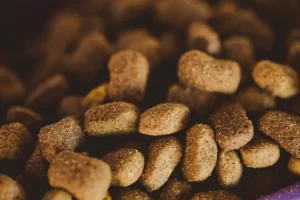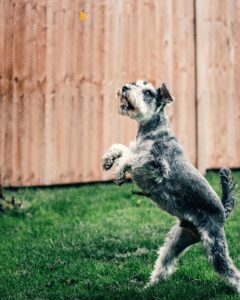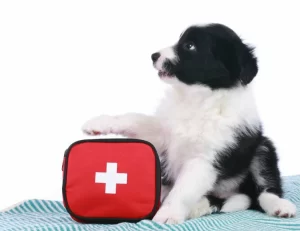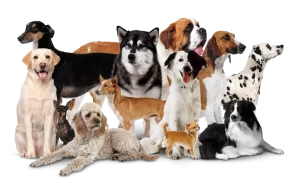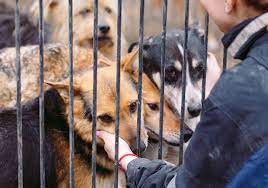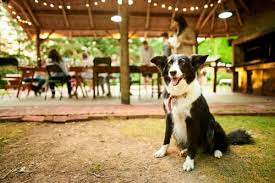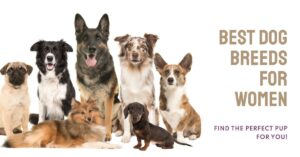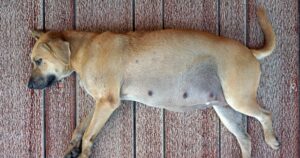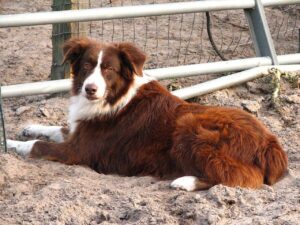Dogs are cherished members of our families, so their health and well-being are of utmost importance. As responsible pet owners, knowing what foods are safe for our canine companions is crucial. One common question that arises is whether dogs can safely consume Provolone cheese. This article will explore the potential risks and benefits of feeding Provolone cheese to dogs.
Table of Contents
ToggleUnderstanding Provolone Cheese
Provolone is a semi-hard Italian cheese that is often used in sandwiches, salads, and various other dishes. It has a distinct tangy flavour and a smooth texture, making it a popular choice in many households. While it can be a delicious treat for humans, the same may not hold for our furry friends.
Nutritional Content of Provolone Cheese
Before delving into whether dogs can eat Provolone cheese, it’s essential to understand its nutritional composition. Provolone is a dairy product and, like most cheeses, is rich in fats, proteins, and calcium. However, it also contains a notable amount of sodium and, in some cases, additives or seasonings that may not be suitable for dogs.
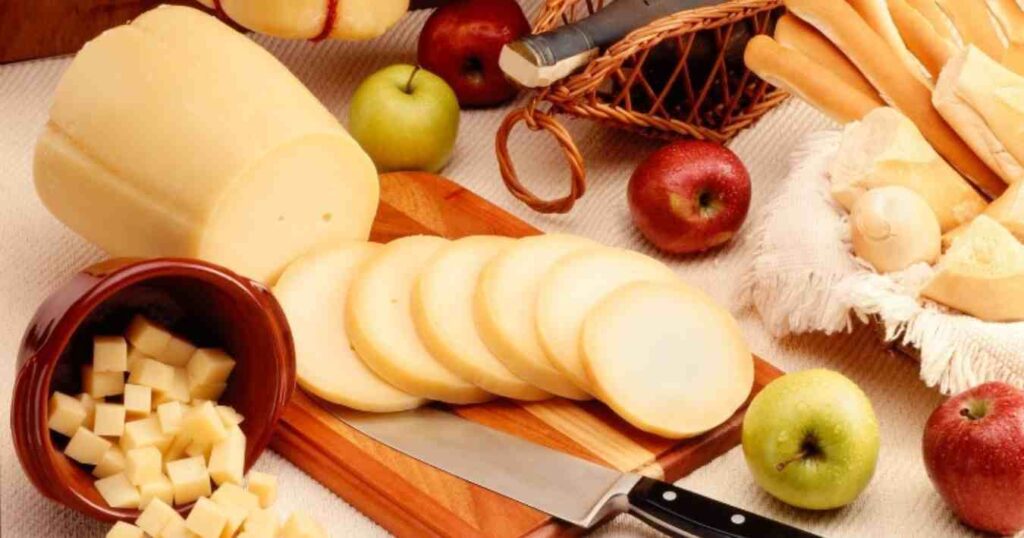
The Risks of Feeding Provolone to Dogs
While a small amount of plain cheese may be acceptable for some dogs, Provolone has its own risks. Dogs generally have difficulty digesting lactose, a sugar found in milk and dairy products. Provolone, being a cheese, contains lactose, and feeding it to dogs in excess can lead to digestive issues such as diarrhoea, stomach cramps, and bloating.
The high-fat content in Provolone can contribute to obesity in dogs. Obesity is a serious health concern for canines and can lead to various other issues, such as diabetes, joint problems, and a decreased lifespan.
Moreover, certain types of Provolone may contain additives, such as garlic or onion flavourings, which can be toxic to dogs. These ingredients can cause damage to a dog’s red blood cells and result in conditions like anaemia.
Can Dogs Indulge in Provolone Cheese? Unveiling the Nutritional Breakdown
Let’s dive into the nutritional nitty-gritty and dissect what lurks beneath that tempting slice of provolone cheese you might contemplate for your four-legged companion.
Provolone’s Nutritional Breakdown: Calories: In sync with our calorie-conscious approach, it’s essential to note that a standard slice of provolone carries approximately 98 calories. Dogs, much like us, need to be mindful of their calorie intake.
Fat: Packing a punch with about 7.5 grams of fat, provolone ranks higher. While fat is a vital energy source, an excess can contribute to the emergence of some plump and hearty pups.
Sodium: Provolone doesn’t shy away from a sodium spectacle, boasting around 250 milligrams per slice. While we may savour the taste, dogs, with their sensitive systems, aren’t particularly fond of an excessive salt influx.
Protein: On a positive note, provolone offers a commendable protein boost, nearly 7 grams per slice. Protein is a crucial component of our furry friend’s well-being.
Comparison with Other Cheeses: Let’s stack provolone against its cheesy counterparts.
Fat: Consider cheddar, typically harbouring around 9 grams per slice – a smidge more than provolone.
Sodium: This cheese presents a milder sodium profile for mozzarella enthusiasts than provolone, clocking in at about 150 milligrams per slice.
Protein: Gouda steals the spotlight in the protein department, boasting almost 8 grams per slice, slightly surpassing provolone.
So, while provolone boasts its nutritional merits, there are certain aspects to be cautious about. If you’re contemplating sharing a slice with your canine companion, the golden rule is moderation.
Benefits of Provolone Cheese for Dogs
While the risks associated with feeding Provolone cheese to dogs are significant, there may be some potential benefits when given in moderation. Provolone is a good source of protein and calcium, which are essential for a dog’s muscle development and bone health. However, it’s crucial to emphasize that these nutrients can be obtained from safer sources in a dog’s diet.
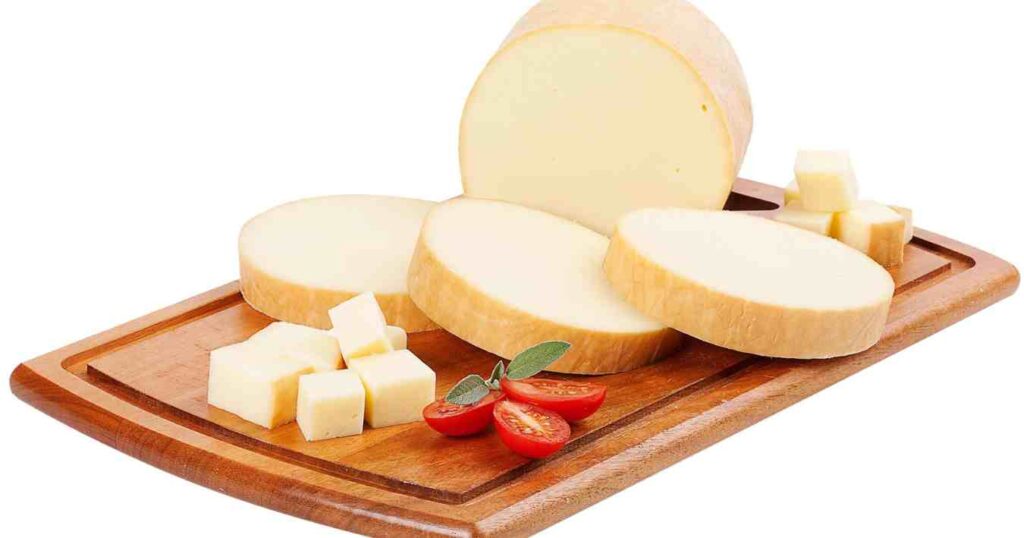
Safe Feeding Practices
If you decide to share a small amount of Provolone cheese with your dog, it’s important to follow safe feeding practices.
Opt for plain Provolone without any added flavourings and offer it as an occasional treat rather than a regular part of their diet. Be mindful of your dog’s individual tolerance for dairy products and observe for any adverse reactions.
Alternatives to Provolone Cheese
Considering the potential risks associated with feeding Provolone to dogs, it’s wise to explore alternative treats that are safer and healthier. Many fruits and vegetables, such as apple slices, carrots, or blueberries, can be excellent alternatives, providing vitamins, minerals, and fibre without the drawbacks of cheese.
Conclusion
While sharing a bit of Provolone cheese with your canine companion may be tempting, weighing the potential risks against any perceived benefits is crucial. The general consensus among veterinarians is that feeding Provolone to dogs is not recommended due to its high fat content, lactose, and potential additives. As responsible pet owners, our priority should be to provide a well-balanced and nutritionally appropriate diet for our furry friends. Always consult your veterinarian before introducing new foods into your dog’s diet, and be attentive to their needs and sensitivities. By making informed choices, we can ensure the health and happiness of our beloved canine companions.


![The Ultimate Guide to Road Tripping with Your Dog [2025 Update]](https://bellabeanupdate.com/wp-content/uploads/2025/05/pexels-photo-1143369-300x209.jpeg)




